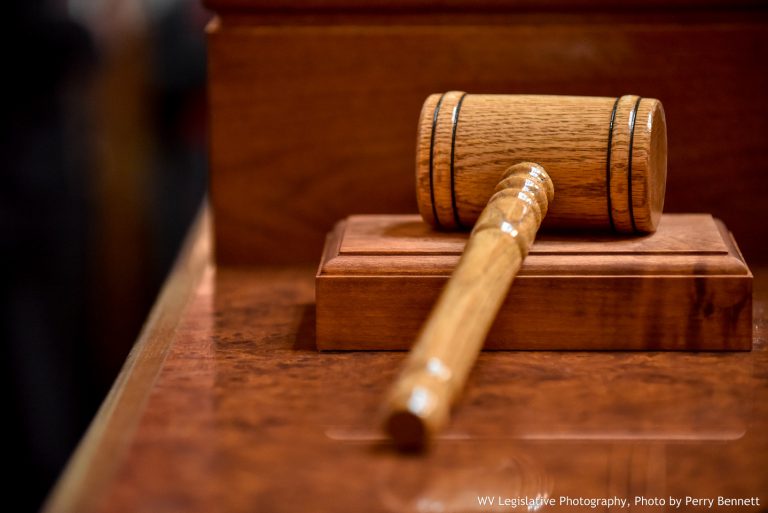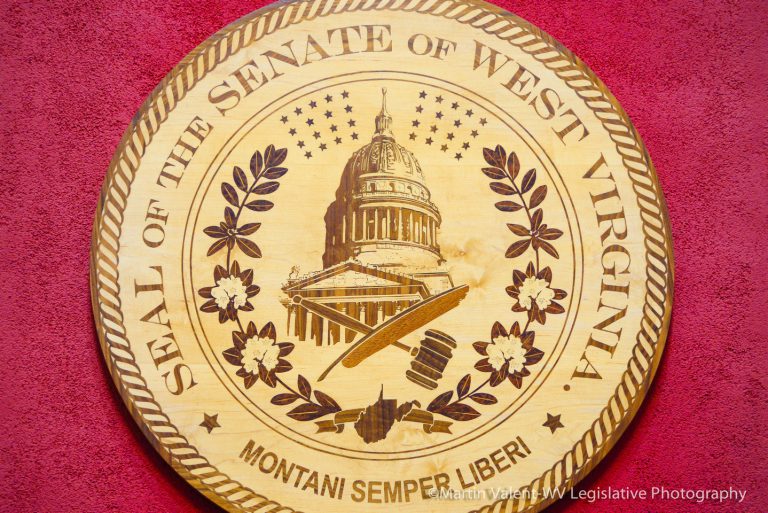As of 4 p.m., Wednesday, February 2, 2011, the 22nd day of the 80th Legislature’s 1st Regular Session, 399 bills have been introduced in the Senate. Of these, 12 passed the Senate and have been sent to the House for its consideration. To date, one bill has completed legislative action. The bills passed by the Senate were:
Senate Bill 63 would allow the state Board of Pharmacy to recommend to the Legislature on the first day of each regular legislative session, which substances should be added to, deleted, or rescheduled from the schedules of controlled substances. The state Board of Pharmacy would also have the authority between regular legislative sessions, on an emergency basis, to add to or delete from the schedules of controlled substances or reschedule such substances based upon the recommendations and approval of the federal Food and Drug Administration.
Senate Bill 71 would create the misdemeanor offense for child neglect by a parent, guardian or custodian, which creates a substantial risk of bodily injury.
Senate Bill 80 would create exceptions excusing women who are breast feeding from jury duty upon request, and require reasonable accommodations for breast-feeding juror upon request if she chooses to serve.
Senate Bill 93 would provide that any person under the age of 18 who attempts to escape from the custody of the Division of Juvenile Services would be guilty of a delinquent act and subject to the jurisdiction of the circuit court of the county in which the escape occurred.
Senate Bill 184 would provide that disposition of the remains of a deceased military service member who dies while serving in the United States Armed Forces would be governed by the directives in the United States Department of Defense Record of Emergency Data Form executed by the service member.
Senate Bill 192 would protect consumers from price gouging and unfair pricing practices during and shortly after a state of emergency has been declared.
Senate Bill 200 would change the names of state institutions of higher learning. It would correctly name West Liberty State University as West Liberty University.
Senate Bill 213 would address the issue of cyberbullying by amending and clarifying the applicable laws to create appropriate penalties for the misuse of computers and mobile phones, personal digital assistants and other electronic devices to harass, abuse or threaten other persons. It would include enhanced felony penalties for convictions of third or subsequent offenses.
Senate Bill 216 would expand the definition of “imminent danger to the physical well-being of the child” with regard to child abuse and neglect to include alcohol and substance abuse on the part of one or both parents.
Senate Bill 261 would provide for a special primary and general election to fill a vacancy in the office of Governor. The special primary election would be held on June 20, 2011 and the special general election would be held on October 4, 2011.
Senate Bill 342 would appropriate $8 million for the purpose of financing the special elections to fill a vacancy in the office of Governor.
A Sampling of Bills Introduced In the Senate
Senate Bill 330 would create “FACTS for Higher Education” by establishing fair, accountable, credible, transparent, and systematic mechanisms to determine classification status and compensation for classified employees in public higher education organizations.
Senate Bill 336 would create the West Virginia Energy Efficient Buildings Program that would concentrate on energy demand-side management in private and public buildings. The bill would also create the West Virginia Energy Efficient Buildings Public Sector Grant Fund and the West Virginia Energy Efficient Buildings Private Sector Loan Revolving Fund and establish the criteria for grants and loans made from those funds.
Senate Bill 362 would increase the excise tax on cigarettes by $1.00 per pack; The bill would increase the excise tax on all other tobacco products from seven percent of their wholesale prices to 50 percent. The bill would also establish a special revenue account and designates where the additional revenues are to be transferred, with half the proceeds going to certain health related issues and the other half going to the General Revenue Fund.
Senate Bill 364 would provide that unlawful protest activities that disturb or disrupt a funeral or burial service are crimes against the peace. The bill would provide misdemeanor criminal penalties.
Senate Bill 367 would require voting for at least five consecutive days during the period of early voting at locations designated in addition to the county courthouse or courthouse annex for early voting.
Senate Bill 372 would specify that a minimum share of coalbed methane severance tax revenue be distributed to producing counties in an amount at least equal to the share received by nonproducing counties The bill would also amend the code to direct the severance tax revenues for coalbed methane producing and nonproducing counties to be distributed to the county economic development authorities in lieu of the infrastructure fund.
 This morning, the Senate adopted Senate Resolution 22, which designates February 3, 2011 as “Crime Victims Day at the Legislature.”
This morning, the Senate adopted Senate Resolution 22, which designates February 3, 2011 as “Crime Victims Day at the Legislature.”

 Along with the completion of the election bill, the House honored an award-winning marching band. The Princeton Tiger High School Marching band is one of the top-ranked bands in West Virginia. As the recipient of two grand champions awards, they have been invited to play at the Walt Disney Magic Kingdom in Florida this April.
Along with the completion of the election bill, the House honored an award-winning marching band. The Princeton Tiger High School Marching band is one of the top-ranked bands in West Virginia. As the recipient of two grand champions awards, they have been invited to play at the Walt Disney Magic Kingdom in Florida this April. Today the House passed 10 bills and adopted one resolution during a brief late morning session.
Today the House passed 10 bills and adopted one resolution during a brief late morning session.  This morning, the Senate received
This morning, the Senate received 


 Today, the Senate and the House of Delegates each passed a bill, which would provide for a special primary and general election to fill a vacancy in the office of Governor. The Senate also passed a bill, which would appropriate funds to finance the special elections.
Today, the Senate and the House of Delegates each passed a bill, which would provide for a special primary and general election to fill a vacancy in the office of Governor. The Senate also passed a bill, which would appropriate funds to finance the special elections. On a day filled with activity, the entire Capitol was bustling. The Senate adopted
On a day filled with activity, the entire Capitol was bustling. The Senate adopted